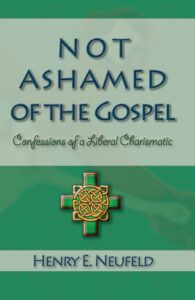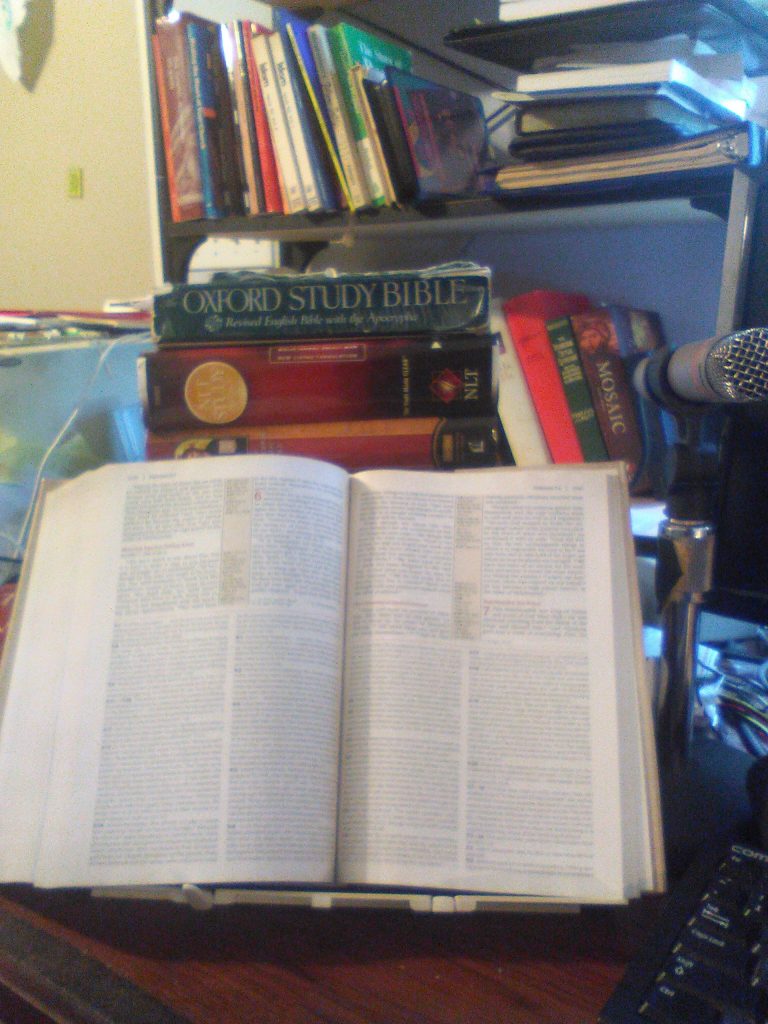Psalm 119:39 – Taunts and Shame
Turn away from me my reproach
which I fear
for your judgments are good.
You’ll find lots of translations for the word I’ve translated as “reproach” if you compare a few versions. That’s because it’s a word with a good range of meanings and the verse doesn’t help a great deal with the context. For example, is the reference to one’s own shame, or is it about taunts (thus REB) that others throw one’s way?
I didn’t stay very tethered to the text in my meditation. I don’t know which the psalmist meant, assuming he didn’t mean multiple things at once. Poetry is such that it can leave you thinking. To good effect!! I chose to think about two meanings, and some connections between them.
When I talk to people about sharing their faith, I find that the most common reason people don’t want to talk about their faith is that people may taunt them about it. Alternatively, they may be offended. I teach gentleness in sharing one’s faith, with the intent that people are not offended at you and your behavior, but if offended, are offended at the message. Yet this fear is real.
My first tendency is a bit of taunting of my own. “Just to think,” I say, “that Christianity has developed from the point where adherents faced hungry lions in standing for their faith to the point where we’re afraid that people will tease us!” That’s a bit of rude behavior on my part, because the fear of ridicule is very real. Further, comparing troubles, as in “there’s someone suffering more,” is an endless and futile endeavor.
People differ in how they endure reproach or ridicule from others. When someone tells me that I need my Christian faith because I’m too weak to stand up to the world on my own, I tend to say, “Just so! I’m glad I have it!” But that is a characteristic of my personality and not a sign of superior spirituality.
The reality is that standing up to ridicule requires that we have a firm sense of our own identity. Too often, we are finding our identity in our strength of character, our accomplishments, our wealth, our intelligence, our wisdom, our physical prowess, our ancestry, or any of a number of other things. When a taunt, such as “you’re weak, so you need your imaginary friend to help you, just like a child” comes our way, it hurts very deeply, because part of our identity is as someone who has a strong character and doesn’t depend on imaginary friends or carry blankies to make us feel better.
While my answer comes from a personality that has contempt for people who make this variety of insults–I seriously consider them to be weak personalities who need to put someone down in order to feel adequate–it’s also what I believe is the correct answer.
The thing that takes away the reproach is an understanding of one’s own identity. My “imaginary friend” and I are getting along quite well thank you. In fact, I find my identity, my reality even, in that “imaginary friend.” I don’t require you to believe in him. I will let you know that I do, but what you do with that, including any taunting you find necessary, is up to you.
For the joy set before him, Jesus endured the cross and despised the shame, and sat down at God’s right hand (Hebrews 12:2, my paraphrase and emphasis). And as I quoted yesterday, “Christ in you, the hope of glory” (Colossians 1:27).

As in our verse today, it is God who can set aside that shame, and it is God who is capable of being gracious, merciful, and just, all at the same time.
I don’t do New Year’s resolutions, but there’s an action you can take right now as a Christian. Don’t just brush aside or patiently endure the shame. Despise it. Be who your are in Christ.
There’s an extract from my book Not Ashamed of the Gospel: Confessions of a Liberal Charismatic on this topic you might enjoy reading.
(Featured image generated by Jetpack AI.)





One Comment